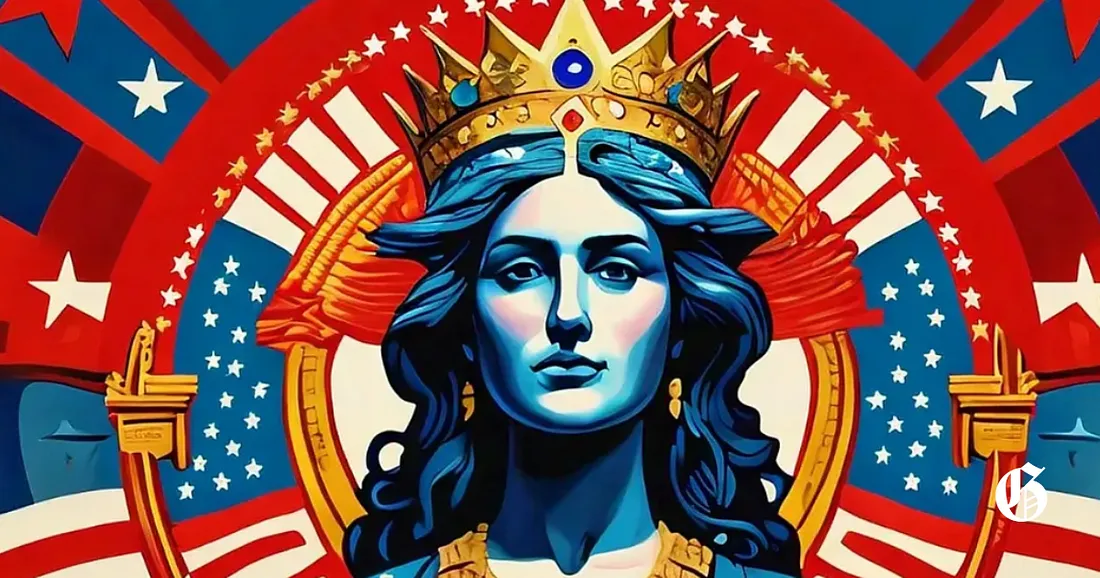Prominent Figures Oppose Cultural Boycotts of Israel
Over 1,000 prominent figures from the literary and entertainment industries, including Nobel laureates and Pulitzer Prize winners, have signed an open letter opposing what they describe as “illiberal and dangerous” cultural boycotts targeting Israel. The letter was organized by Creative Community for Peace (CCFP), a nonprofit advocating against cultural boycotts, in response to a pledge by book industry leaders to boycott Israeli cultural institutions deemed complicit or silent on the oppression of Palestinians.
Signatories and Their Stance
Notable signatories include bestselling author Lee Child, Booker Prize winner Howard Jacobson, Pulitzer Prize-winning playwright David Mamet, and Nobel laureates Herta Müller and Elfriede Jelinek. In the letter, they state, “We reject the calls to boycott Israeli and Jewish writers, publishers, authors, book festivals, and literary agencies.” The signatories express disappointment with colleagues who pressure others to conform to a unilateral narrative concerning Israel’s actions.
The letter emphasizes the moral imperative of inclusion, arguing that targeting creators and institutions undermines liberal values. It frames Israel as being engaged in existential conflicts with designated terrorist organizations, including Hamas and Hezbollah. The authors further criticize the climate of harassment faced by Jewish authors and cultural figures, citing historical examples where exclusionary movements led to cultural purges.
Counterarguments from Boycott Advocates
Conversely, another group of writers, including Sally Rooney and Arundhati Roy, have publicly committed to boycotting institutions they view as complicit in violating Palestinian rights. They argue that the ongoing conflict has resulted in the deaths of over 43,000 Palestinians in Gaza since last October, situating these events within a broader narrative of displacement and historical injustice.
A Divided Literary Community
The debate over cultural boycotts highlights a significant division within the global literary and entertainment community. One faction champions open dialogue and collaboration, while the other calls for accountability regarding alleged injustices. Both sides acknowledge the cultural sector’s power to shape narratives and foster understanding, yet their strategies diverge sharply amid the ongoing conflict.





















